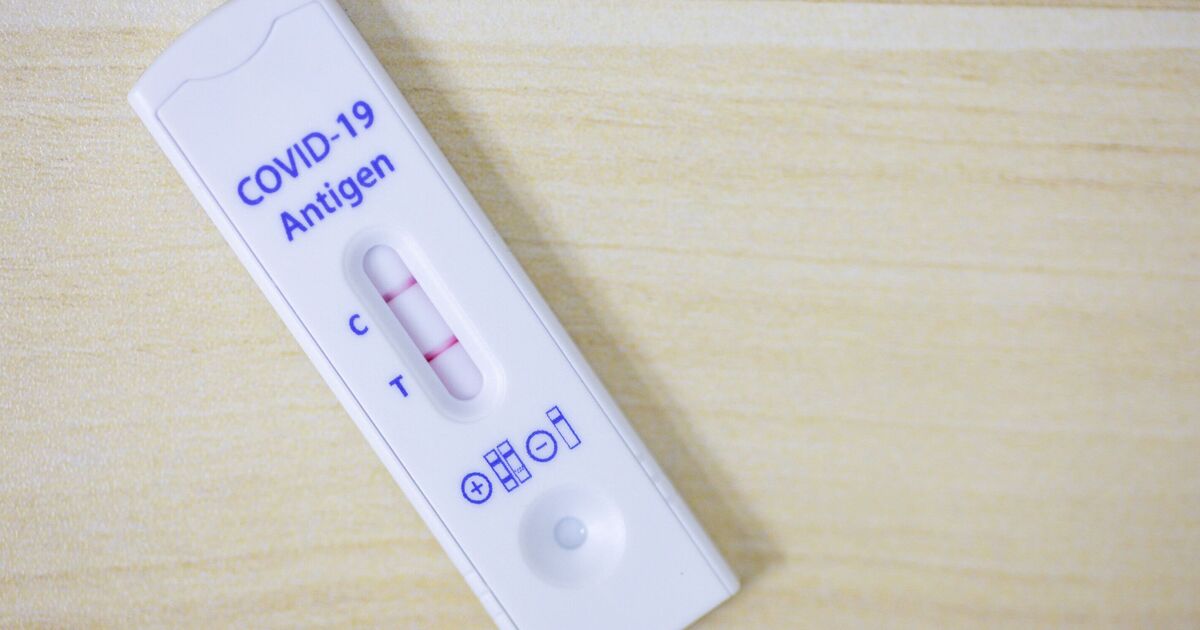A worrying 33.6% of health workers across England have reported symptoms ‘consistent with’ Long Covid, new research has found. The 32-month project, unveiled by scientists at King’s College London, surveyed more than 5,000 medics in an effort to understand ‘if certain people are more likely to develop the condition than others’.
Their stark findings suggest that directly working with Covid patients was among the key potential risk factors for professionals experiencing Long Covid symptoms. The threat is especially exacerbated among females, anyone aged between 51 and 60, and those with pre-existing respiratory or mental health issues.
Despite this, the university warns that just 7.4% of respondents had reportedly received a formal Long Covid diagnosis, which may suggest that many cases are being overlooked. Lead author Dr Danielle Lamb explained: “Covid-19 has not gone away.
“We know that more infections mean more people are at risk of developing Long Covid. This research shows that we should be particularly concerned about the impacts of this on the health and social care sector, especially in older and female workers, and staff with pre-existing physical and mental health conditions.
“We now need to better understand the complex interplay between biomedical, psychological, and social factors that affect people’s experiences of Long Covid, and how healthcare workers with this condition can best be supported.”
While most people who contract Covid typically feel better within a few days, many sufferers can experience its symptoms for longer. This is what’s referred to as Long Covid or post-Covid syndrome (PCS), according to the NHS, and it’s a field that’s continually being studied.
Among its key symptoms are extreme tiredness, feeling short of breath, brain fog, and heart palpitations. Though, some people also report a continued loss of smell, chest pain, depression, tinnitus and even pins and needles.
The Kings College team is now calling for ‘urgent improvements in diagnostic practices and access to support for those living with Long Covid in the healthcare sector’. Their results follow a period of immense pressure faced by the NHS that peaked during the pandemic.
At the height of the pandemic in April 2020, a survey revealed that doctors treating patients in high-risk Covid settings often struggled to access adequate personal protective equipment, according to The Mirror.
The Royal College of Physicians reported 37% of those most at risk could not always access full-face visors while 31% could not find long-sleeved disposable gowns.
In light of the findings, Dr Sharon Stevelink, also among the study’s authors, said: “PCS can have a dramatic impact on a person’s day to day life. If we are to ensure that the healthcare workers, and wider population, affected by it receive the best possible care and support, we need to address both the physiological and psychosocial mechanisms behind it.”












